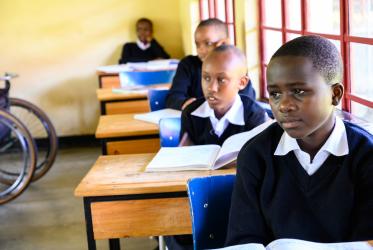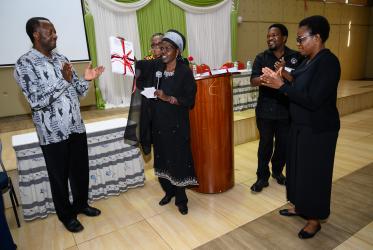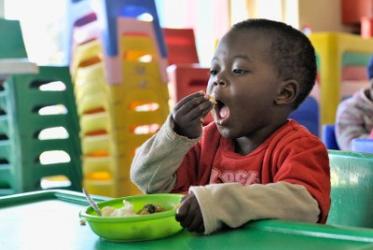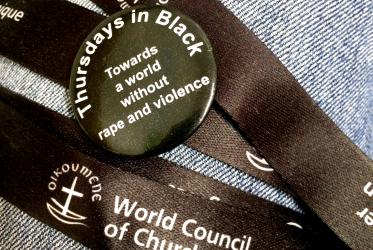Displaying 1 - 20 of 21
In a COVID-stricken world, “everyone is important”
23 October 2020
Mission and people with disabilities
26 June 2019
Faith and HIV treatment go hand in hand
06 March 2019
UN discussion focuses on women, HIV and property rights
21 March 2017
Zambia: “On HIV, we do not compete. We work together.”
20 October 2016
Kenya: Voice of faith communities crucial in overcoming HIV
14 October 2016










